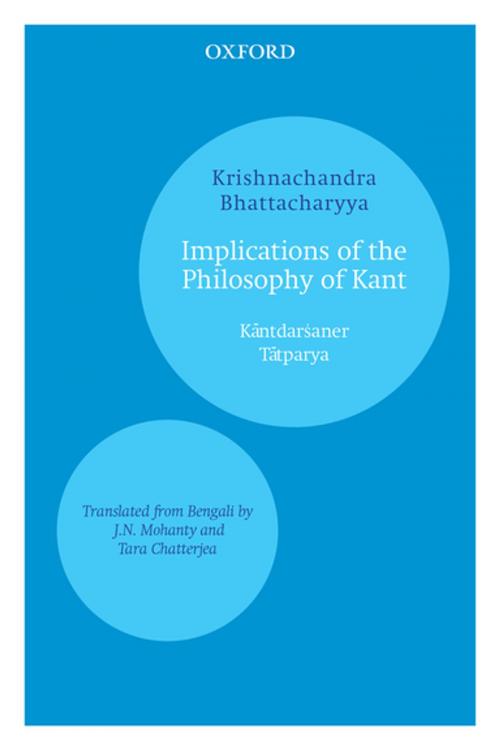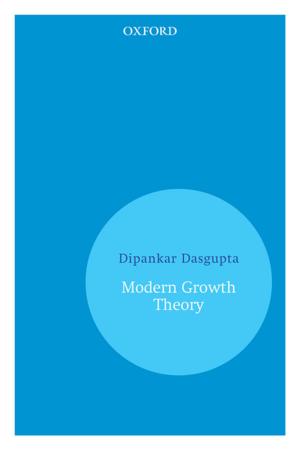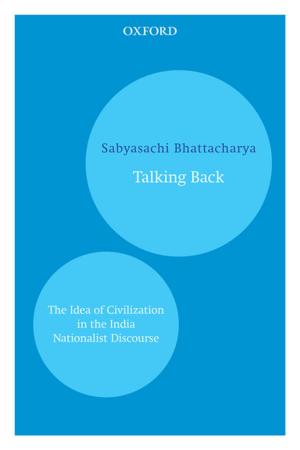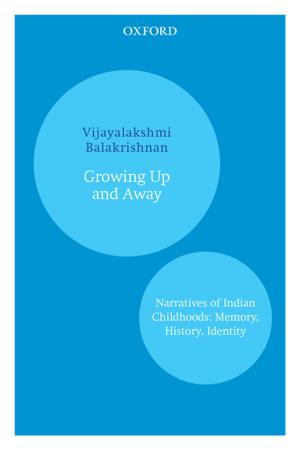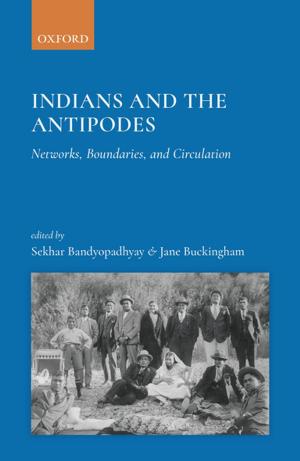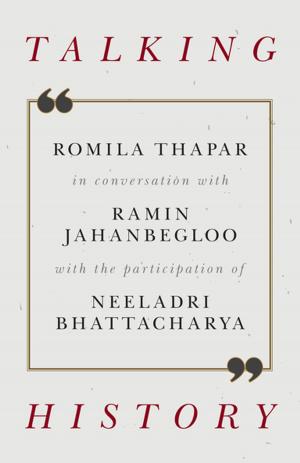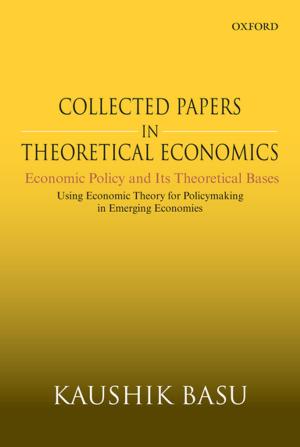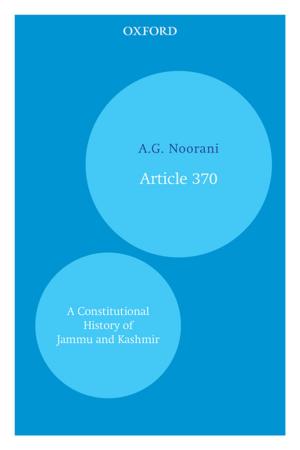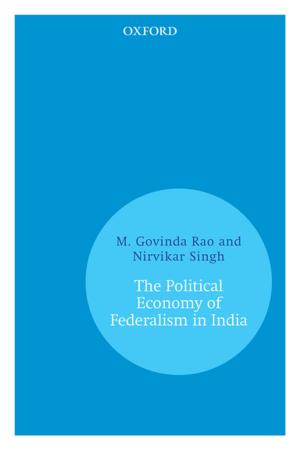Implications of the Philosophy of Kant
Kāntdarśaner Tātparya
Nonfiction, Religion & Spirituality, Philosophy, History, Criticism, & Surveys, Eastern| Author: | Krishnachandra Bhattacharyya | ISBN: | 9780199088713 |
| Publisher: | OUP India | Publication: | September 26, 2011 |
| Imprint: | OUP India | Language: | English |
| Author: | Krishnachandra Bhattacharyya |
| ISBN: | 9780199088713 |
| Publisher: | OUP India |
| Publication: | September 26, 2011 |
| Imprint: | OUP India |
| Language: | English |
Immanuel Kant's three Critiques—Critique of Pure Reason, Critique of Practical Reason and Critique of Judgment—have been the cornerstone of Western philosophy. While the West has extensively debated on these works, Indian perspectives on them have been few and far between. This book is a singular example of how Western philosophy can be creatively interpreted and appropriated from the perspective of Indian philosophy. Delving into concepts like free will, knowledge of the self and the role of imagination in knowledge, Bhattacharyya integrates the three Critiques showing their interconnections and presents their essential theses. He extends the meaning of concepts like knowing and experience from the standpoint of Nyaya and Advaita schools to evaluate judgments and certainties, thereby extending the domain of Kantian insight. Hailed as one of the most original and creative Indian academic philosophers of the twentieth century, Bhattacharyya explains, amplifies and transcreates, moving beyond Kant's original texts, without distorting the essential tenets of Kant's philosophy. With detailed notes and annotations as well as a critical introduction, this translation presents a radical departure from traditional analyses of Kant.
Immanuel Kant's three Critiques—Critique of Pure Reason, Critique of Practical Reason and Critique of Judgment—have been the cornerstone of Western philosophy. While the West has extensively debated on these works, Indian perspectives on them have been few and far between. This book is a singular example of how Western philosophy can be creatively interpreted and appropriated from the perspective of Indian philosophy. Delving into concepts like free will, knowledge of the self and the role of imagination in knowledge, Bhattacharyya integrates the three Critiques showing their interconnections and presents their essential theses. He extends the meaning of concepts like knowing and experience from the standpoint of Nyaya and Advaita schools to evaluate judgments and certainties, thereby extending the domain of Kantian insight. Hailed as one of the most original and creative Indian academic philosophers of the twentieth century, Bhattacharyya explains, amplifies and transcreates, moving beyond Kant's original texts, without distorting the essential tenets of Kant's philosophy. With detailed notes and annotations as well as a critical introduction, this translation presents a radical departure from traditional analyses of Kant.
